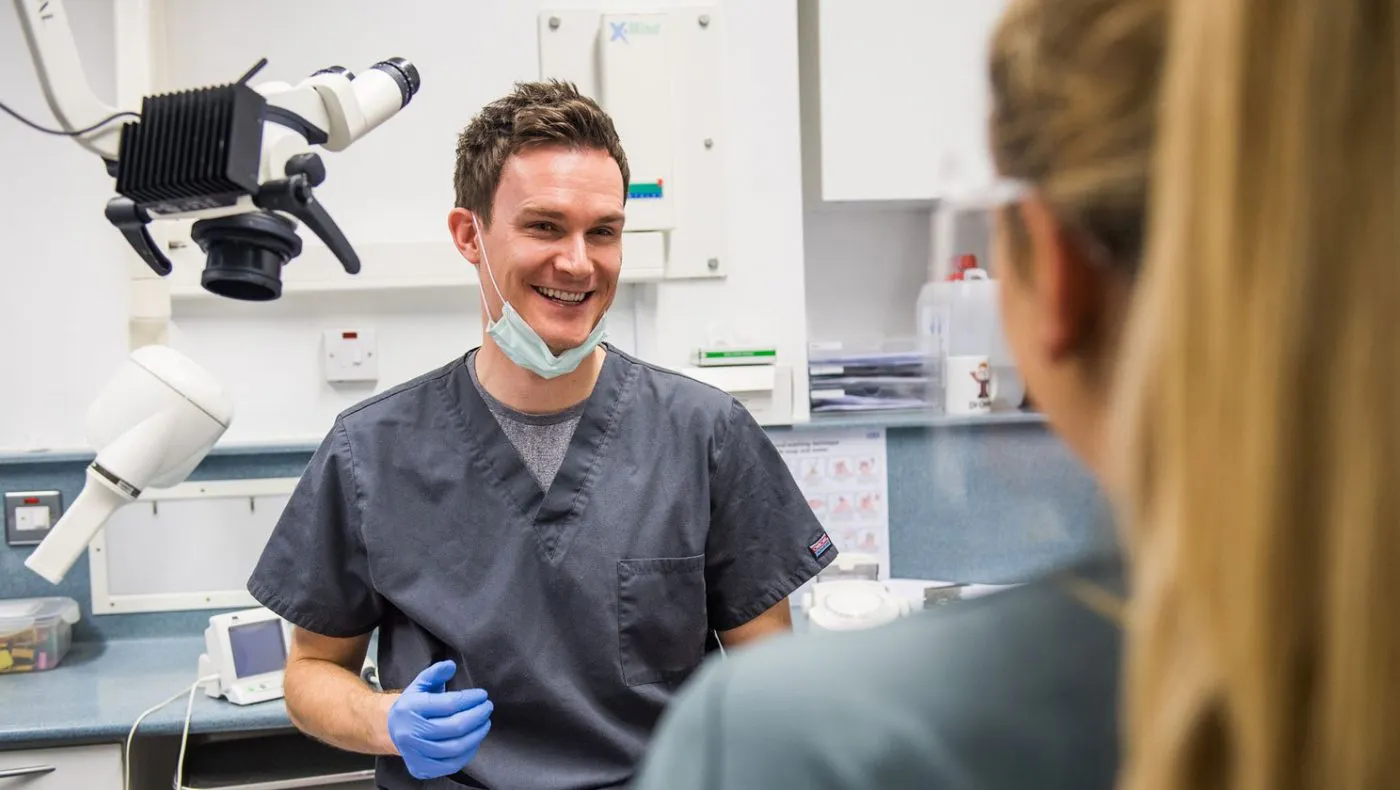Wisdom teeth are also susceptible to dental decay and gum disease
Their presence may contribute to decay or gum disease in the adjacent molar tooth. There are other more unusual reasons why wisdom teeth are removed in hospitals such as cysts, tumours, and fractures of the jaw in this region.
Although infections are unusual in upper wisdom teeth (unless they are decayed), they often grow in such a way that they rub the cheek. If the lower wisdom teeth are to be removed then most surgeons would consider removing the upper on the same side to prevent it growing too far down (over-erupting) in the future.


